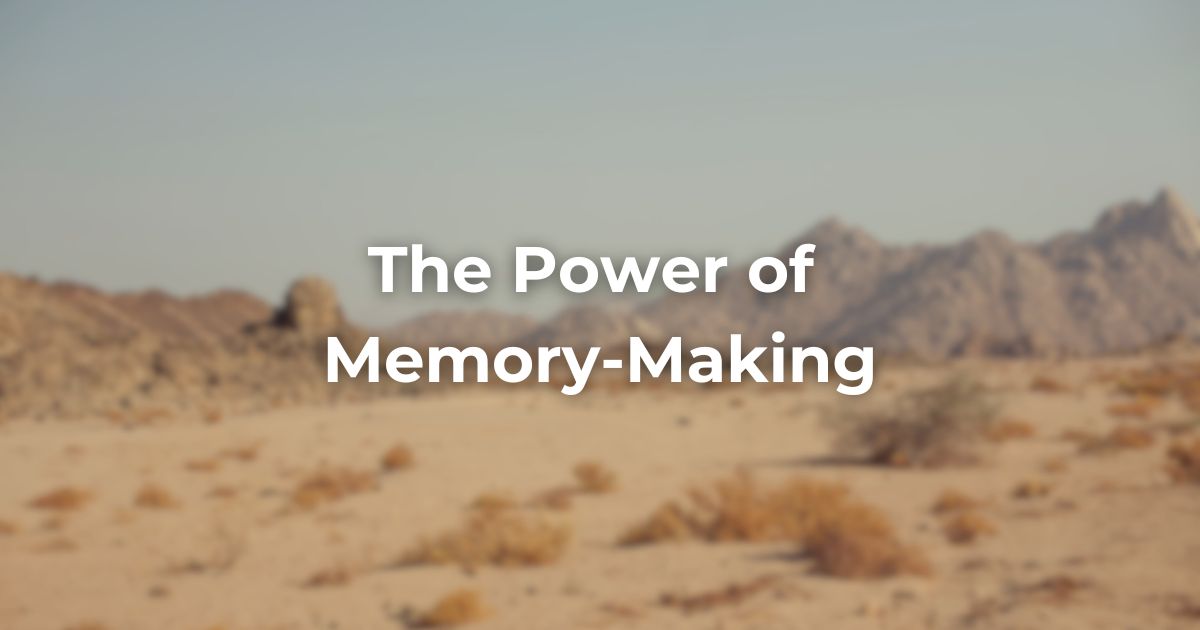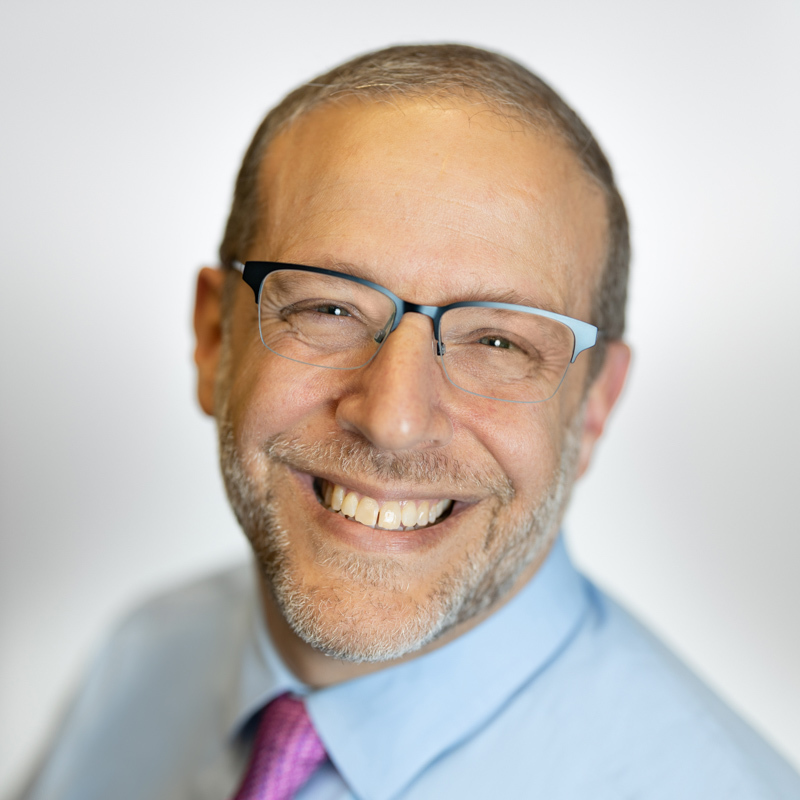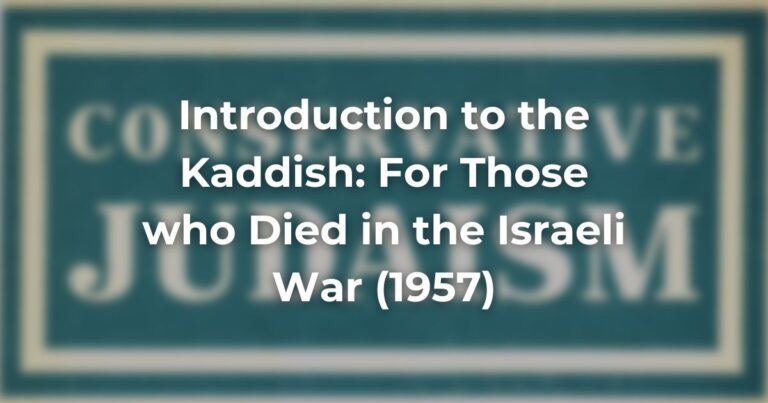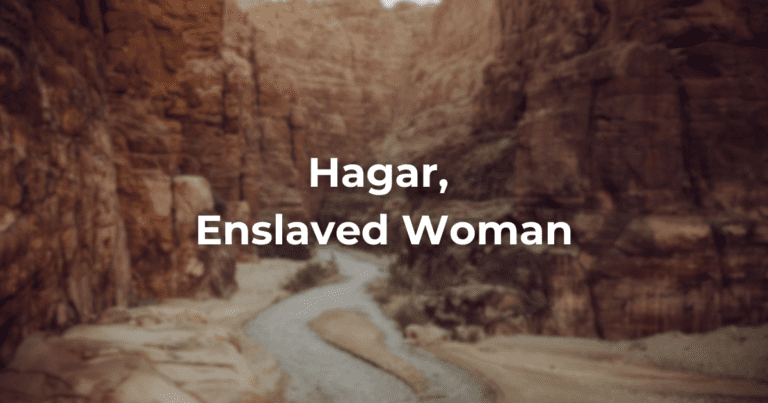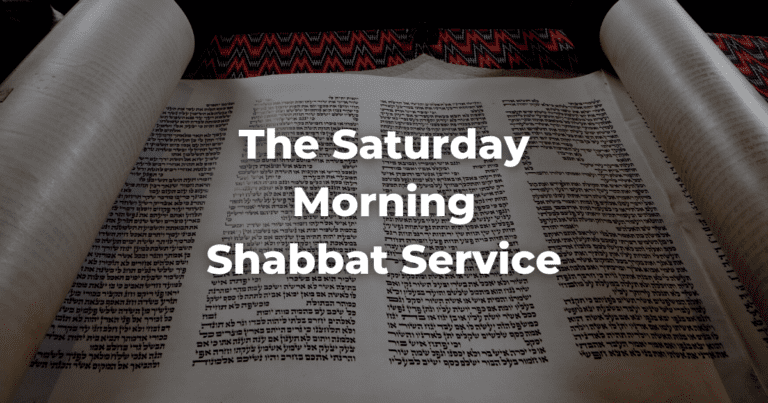This piece is part of Exploring Judaism’s 5785 High Holiday Reader. Download the whole reader here.
Making memories—we hear this phrase a lot. It is part of marketing strategies, the title of a country music hit, an Alzheimer’s awareness festival, and even a babysitting company.
Jews have been making memories since Biblical times, well before it was part of any marketing campaign. We have many commandments that require memory: remember that I am the Lord your God; remember the Sabbath day to keep it holy; remember Amalek; remember leaving Egypt; remember when you see your tzitzit; and many more.
As a people, the memories we’ve made this past year, 5784, are all too raw and painful. They are centered on the pogroms carried out in the vibrant communities in the Gaza envelope, the murder of so many innocent people, the suffering of hostages, the ongoing evacuations from vulnerable areas, and the martyrdom of hundreds of fallen soldiers.
For these memories, the Mahzor offers the words from Musaf on Yom Kippur, “Eileh Ezk’rah – these I recall, and my soul melts with sorrow; for the bitter course of our history, tears pour from my eyes.” We made memories this year, and they are still fresh and difficult. We are still in this moment of outrage, loss, sadness, and suffering.
While sometimes our recent memories are stark and challenging, Jewish tradition also shows us that we have the capability, over time, to shape them. On Rosh Hashanah, we set aside a part of the Musaf service for “Zikhronot – Remembrances.”
We start by noting God’s eternal memory: “You remember the deeds of the world, and You are mindful of Your creatures since the beginning of time.” The central focus of this Zikhronot section is a set of 10 verses, all on the theme of how God remembers. My favorite among these verses is from Jeremiah (2:2): “I remember the affection of your youth, your love when you were betrothed when you followed Me in the wilderness, a barren land.”
The Torah’s account in the book of Numbers of the Children of Israel as they wandered through the desert for forty years isn’t so positive. They repeatedly complain, rebel, betray Moses and God, and lose faith. And yet, Jeremiah insists, when God remembers that period of “betrothal,” God only remembers the excitement of a new relationship and the growing love and deepening covenantal relationship with the People of Israel.
It turns out that “making memories” is different from “memory-making.” The shofar that sounds as we conclude “Zikhronot” reminds us that we have it in the power to shape our memories. It is not just crying out to God or to us to remember, but a call to active memory-making.
During the Yizkor remembrance service on Yom Kippur and other holidays (including Shmini Atzeret, the anniversary of this most painful moment in Jewish history), we have the opportunity to personalize that memory-making process, recalling our loved ones and drawing lessons from their lives – with the possibility of transforming our pain into resolve, and their hesedThere is no perfect translation, but is generally defined as “loving-kindness.” When we act with Hesed, we are doing Gemilut Hasadim. Also spelled: chesed Read more into inspiration.
Our tradition calls upon us to make meaning and draw purpose from our memories. The TorahRefers to the first five books of the Hebrew Bible, the Tanakh, also called the Five Books of Moses, Pentateuch or the Hebrew equivalent, Humash. This is also called the Written Torah. The term may also refer to teachings that expound on Jewish tradition. Read more reminds us 36 times to treat the stranger with equity and respect, “Because you were strangers in the Land of Egypt.” The pain we have experienced personally and as a people reminds us to act towards others with empathy. Our survival and ability to tell our people’s story for so many generations gives us confidence in God’s eternal covenant and evokes pride in our Jewish future. For every memory, we can choose what we remember, how we remember it, and how we will talk about it.
This past year has shown us our personal and communal vulnerability – a sense of powerlessness threatens to overwhelm us with anxiety and fear. Memory-making – shaping those experiences, the way we tell ourselves our story, the way we frame our history – offers the opportunity to give us power and, ultimately, hope.
Am Yisrael Hai
Author
-

Rabbi Jacob Blumenthal serves as CEO of the Rabbinical Assembly and CEO of USCJ. He previously served for 20 years as the founding rabbi of Shaare Torah in Gaithersburg, Maryland.
View all posts

